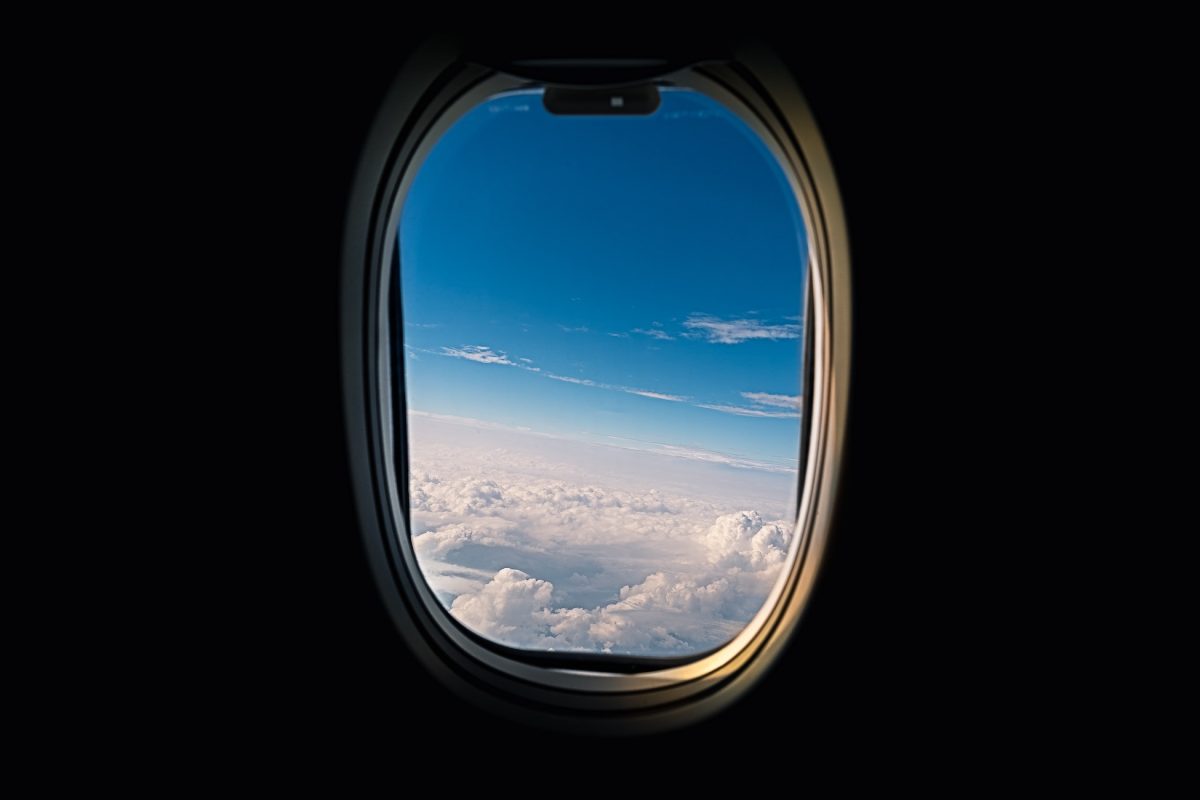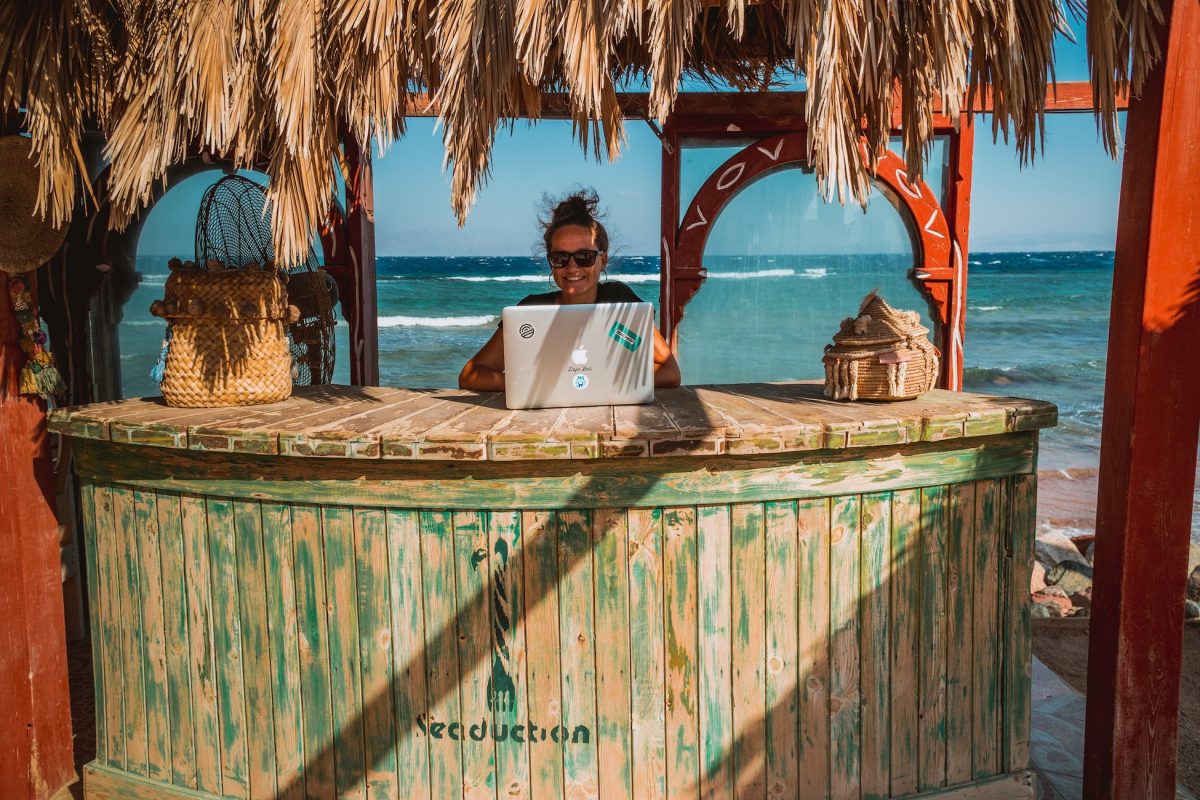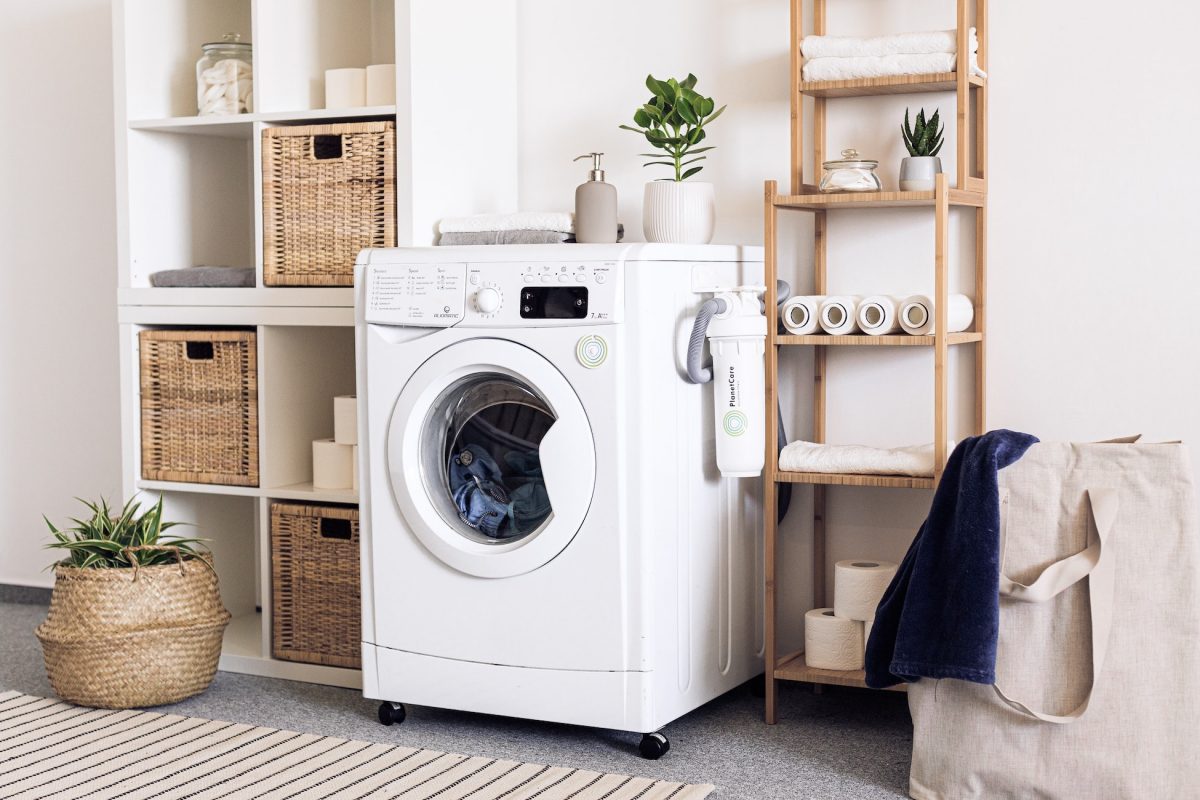Ever wondered if your credit card’s plastic pedigree is on the endangered species list? With headlines about supply chain hiccups and unexpected material shortages making waves across industries, it’s only natural to ask: Is there a plastic shortage for credit cards? Grab your reusable coffee cup and settle in, because we’re about to dive into the wild world of manufacturing, supply chains, and eco-friendly innovations—all while keeping it real, relatable, and just a bit cheeky for our millennial and Gen Z readers.
Is There A Plastic Shortage For Credit Cards Table of Contents
The Curious Case of Credit Card Plastic: A Quick Intro
The Birth of a Credit Card: From Raw Materials to Wallet Staples
Unpacking the Rumors: Is There Really a Plastic Shortage?
The Ripple Effects: How a Plastic Shortage Could Impact Credit Card Production
Exploring the Environmental Angle: Sustainability and Shortages
Digging Deeper: Global Supply Chain Influences
Tech Trends and the Future of Plastic in the Financial Sector
Industry Voices: What Are the Experts Saying?
Money, Plastic, and Pop Culture: Why It Matters to You
Charting the Course Ahead: What the Future Holds
Real Stories: How Industry Players Are Pivoting
Building a Resilient Financial Ecosystem
Your FAQ Guide: Demystifying the Plastic Shortage for Credit Cards
Embracing the Future with Confidence
Looking Ahead: Final Musings on Plastic, Payment, and Possibility
The Curious Case of Credit Card Plastic: A Quick Intro
In today’s digital-first era, where cashless payments are the norm, credit cards have become essential tools in our pockets. But have you ever stopped to think about the physical form of these cards—the plastic that holds your financial data? Recent murmurs from the manufacturing world have stoked rumors of a plastic scarcity that might disrupt the way we access our funds. While it might sound like the plot of a dystopian novel, the reality is a blend of supply chain snafus, environmental challenges, and shifts in consumer behavior.
Our exploration begins by peeling back the layers of what makes a credit card, well, a credit card—right down to the plastic itself. So, buckle up for an engaging ride through the corridors of polymer production, resource scarcity, and innovative alternatives that could redefine the future of payment methods.
The Birth of a Credit Card: From Raw Materials to Wallet Staples
Credit cards as we know them are primarily made from a type of plastic called polyvinyl chloride (PVC) or sometimes polyethylene terephthalate (PET)—materials chosen for their durability, flexibility, and cost-effectiveness. The journey of this plastic begins in petrochemical refineries, where crude oil is transformed into the building blocks of everyday items, including our indispensable credit cards.
Once in the form of pellets or granules, these plastics undergo a molding and stamping process. Advanced printing techniques embed complex security features and personalized data onto the cards, making each one a unique blend of art, technology, and a dash of industrial wizardry. It’s a process that might seem mundane until you consider the intricate dance between machinery, chemicals, and global logistics that brings your card to life.
But what happens when something interrupts this finely tuned process? That’s where our tale of a potential plastic shortage begins.
Unpacking the Rumors: Is There Really a Plastic Shortage?
Recent chatter in manufacturing circles and industry conferences has hinted at disruptions in the production of plastics used for credit cards. It’s important to note that the plastic used in credit cards isn’t the same as single-use plastic bags or bottles—it’s a specialized, high-grade material meant to last for years under constant use. However, even niche segments can feel the ripple effects when upstream processes face challenges.
Let’s break down the key factors fueling these rumors:
- Supply Chain Disruptions: Global events—ranging from pandemic-induced shutdowns to geopolitical tensions—have impacted the raw materials needed to produce plastics. When oil prices surge or refineries operate at reduced capacity, the supply of base materials naturally takes a hit.
- Environmental Regulations: As governments around the world tighten environmental standards to combat climate change, factories and refineries face increased scrutiny and sometimes costly upgrades. While these measures are vital for our planet, they can inadvertently slow production rates.
- Consumer Shifts and Digital Transformation: With the rise of mobile payments and digital wallets, demand for physical cards is experiencing a subtle but significant transformation. Some argue that decreased production might be a strategic pivot rather than a pure shortage.
It turns out, the situation isn’t as black and white as a crisis unfolding in a secret plastic bunker—it’s a mix of market dynamics, regulatory adjustments, and technological transformations.
The Ripple Effects: How a Plastic Shortage Could Impact Credit Card Production
If the rumors hold any water, what can we expect when the supply of high-grade credit card plastic becomes constrained?
Production Delays and Increased Costs
When companies face a shortage of raw materials, production schedules can get thrown off, and costs are likely to rise. This means that banks and financial institutions might have to wait a little longer to issue new cards, or they might pass on the increased costs to consumers. Imagine hitting “Apply” for a new card online and then waiting weeks for it to arrive—all because of a hiccup in the plastic supply chain.
Innovative Alternatives and Materials
On the flip side, such challenges often spark innovation. Some industry players are exploring alternative materials—think biodegradable plastics, recycled polymers, or even newer composites. These alternatives might not only ease the pressure on traditional plastic production but could also lead to eco-friendlier credit cards. For all you eco-warriors out there, a future of sustainable credit cards might be right around the corner.
Adapting to a Digital Future
There’s another silver lining: the ongoing shift toward digital payments. While physical credit cards have been the norm for decades, the steady march of penetration by digital wallets and contactless payment systems might eventually reduce our reliance on plastic altogether. In a world where you can pay with your phone or smartwatch, a potential plastic shortage might simply accelerate the digital transformation of financial transactions.
Exploring the Environmental Angle: Sustainability and Shortages
The conversation about a plastic shortage for credit cards can’t be divorced from the broader context of environmental sustainability. As awareness about plastic waste grows, manufacturers and consumers alike are rethinking the life cycle of the items we use daily.
Eco-Friendly Materials and Recycling: Many financial institutions are aware of the environmental impact of their products. This awareness has spurred investment in recycling programs and the research of alternative, biodegradable materials that can fulfill the same role as traditional PVC. Enhanced recycling processes not only reduce waste but also lessen the reliance on virgin plastic.
Pressure from Regulators and Consumers: Governments worldwide are clamping down on single-use plastics and introducing stringent environmental guidelines. This regulatory pressure encourages banks and payment companies to adopt greener alternatives, which, over time, might mitigate the impact of what appears to be a shortage.
The Role of Innovation in Sustainability: There’s a growing trend of integrating sustainability into product design. Credit cards made with recycled materials are beginning to pop up in the market, and some companies are even exploring plant-based polymers as a renewable source of card production. While these innovations are still in their infancy, they offer a promising glimpse into a more sustainable future for everyday financial tools.
Digging Deeper: Global Supply Chain Influences
It’s impossible to talk about a potential plastic shortage without taking a hard look at the global supply chain. The journey from crude oil to credit card is long and intricate, involving numerous steps, players, and geographic locations.
Geopolitical Influences: Global politics can have a surprising impact on something as seemingly mundane as plastic production. Trade disputes, sanctions, or political instability in key oil-producing regions can lead to fluctuations in raw material availability. Even small changes in these areas can cascade into major production challenges across industries.
The Impact of COVID-19: The recent pandemic has shown us just how interconnected our global economy is. Lockdowns, labor shortages, and transportation disruptions have thrown supply chains into disarray—in many cases, the production of raw materials has taken a backseat to urgent humanitarian needs. Although the crisis has stabilized in many parts of the world, the aftershocks continue to be felt in industries reliant on precise manufacturing schedules.
Technological Advancements and Automation: As factories invest in automation to boost productivity, they also become more dependent on precise supply schedules. While automation can increase efficiency and reduce waste, it also leaves little room for buffers in the supply chain. Any delay in raw material delivery can immediately impact production lines, leading to potential shortages and increased costs.
In essence, understanding the global influences on plastic production isn't just about economics—it’s about appreciating the delicate balance that keeps modern manufacturing humming. Every geopolitical decision and every technological breakthrough plays a role in whether your new credit card arrives on time.
Tech Trends and the Future of Plastic in the Financial Sector
The technological landscape is transforming at breakneck speed, and the financial sector isn’t immune. As digital payments gain traction, a curiosity arises: Could this trend render the traditional plastic credit card obsolete?
Rise of Digital and Contactless Payments: Apps like Apple Pay, Google Wallet, and various banking apps have made it possible to pay without ever touching a physical card. The convenience of using a smartphone or smartwatch for transactions continues to captivate tech-savvy consumers. While the change won’t happen overnight, the increased reliance on digital payments could reduce the demand for physical cards over time.
Smart Cards and Embedded Technology: Even if physical cards remain a staple for the foreseeable future, they are evolving. Banks are now exploring cards embedded with chips that support contactless payments and enhanced security features. These smart cards often require fewer raw materials and are designed for longevity, which means fewer cards will need to be produced in the first place.
Innovation in Material Science: The search for alternative materials isn’t limited to environmental concerns. Researchers in material science are working to develop polymers that are not only sustainable but also superior in performance. Imagine a credit card that could repair minor scratches on its own or one that remains pristine even after years of use—all made from next-generation, eco-friendly materials.
The synergy between technology and material science will likely redefine the financial tools of tomorrow. Whether it’s through enhanced digital payment systems or evolved physical cards made from innovative materials, the future promises to be both exciting and sustainable.
Industry Voices: What Are the Experts Saying?
Industry insiders have been abuzz with opinions about the potential plastic shortage. Financial executives, sustainability advocates, and technology innovators are all weighing in. Here are some of the recurring themes:
Supply Chain Realists
Some experts caution that the rumors of a plastic shortage may be more reflective of the challenges facing the wider petrochemical industry rather than a specific crisis in credit card production. They point to the cyclical nature of supply and demand, emphasizing that while we might experience localized scarcities, the global market tends to balance out over time.
Sustainability Advocates
Environmentalists and sustainability advocates see the potential shortage as a push toward greener alternatives. They argue that, in today’s climate-conscious market, companies are already under pressure to rethink their production methods. This could be the catalyst for more sustainable practices and innovative materials that minimize waste and reduce environmental impact.
Fintech Innovators
In the fintech arena, visionaries are exploring how technology can render traditional materials obsolete. With the increasing popularity of digital wallets and blockchain-based payment systems, there’s a growing conversation about whether the physical credit card is an outdated relic in a rapidly evolving digital economy. Their take? Even if a plastic shortage were to hit hard, the market would likely pivot toward digital solutions long before consumers feel the pinch.
Together, these diverse perspectives paint a picture of an industry in flux—one that is adapting to both external pressures and internal innovations. Whether we face a temporary plastic crunch or a long-term paradigm shift in payment methods, one thing is clear: the future of credit cards is being rewritten.
Money, Plastic, and Pop Culture: Why It Matters to You
At first glance, a discussion about plastic shortages in credit card production might seem like a niche topic. But look closer—this is about how interconnected our everyday lives are with global industrial processes. For the modern consumer, especially those of us in the millennial and Gen Z cohorts, it’s a wake-up call about the hidden costs behind the convenience we often take for granted.
When you swipe your card to grab that morning latte or tap to pay for the latest concert tickets, there’s a story behind that sleek piece of plastic. It’s a narrative that weaves together technology, innovation, environmental responsibility, and global economics. And as debates about sustainability and ethical consumption gain momentum, understanding these behind-the-scenes details empowers you to make more informed, impactful financial choices.
Plus, next time you hear someone joking about “plastic problems,” you can drop some expert knowledge on them—sparking conversations that matter, whether you’re at a trendy co-working space or sharing memes online.
Resource Guide & Community Support: Your Next Steps
So, what can you do if this topic has sparked your curiosity, or if you’re a small business owner or financial professional looking to navigate these evolving trends?
Stay Informed: Subscribe to industry newsletters and follow experts on social media who focus on supply chain dynamics, sustainability, and fintech innovations. Staying updated not only keeps you informed but also positions you to adapt swiftly to changes.
Join the Conversation: Engage with communities on platforms like Reddit, LinkedIn, or niche forums dedicated to sustainability and financial technology. Sharing insights and learning from others can provide unique perspectives and innovative ideas.
Advocate for Change: Demand transparency from your bank or financial provider about their sustainability practices. Many modern consumers want to support companies that are investing in eco-friendly materials and ethical production methods—your voice can add weight to that movement.
Embrace Digital Alternatives: If you’re excited about the potential of digital payments, consider exploring mobile wallets and other digital financial tools. Experimenting with these technologies not only keeps you ahead of the curve but also eases the possible demand on physical production.
Educational Resources: Check out online courses, webinars, and podcasts on supply chain management, environmental sustainability, and fintech innovations. Knowledge is power, and a deeper understanding of these issues will help you make smarter financial choices in a rapidly changing world.
By tapping into these resources and joining a community of informed consumers and innovators, you’re not only preparing yourself for a potential plastic shortage but also contributing to the broader conversation on sustainability and progress in the financial sector.
Charting the Course Ahead: What the Future Holds
As the conversation around plastic shortages for credit cards continues to evolve, one thing is certain: the status quo is ripe for disruption. We’re witnessing a convergence of factors—from environmental regulations and global supply chain reshuffles to digital revolutions and material innovations—that could transform the financial landscape.
In the near future, you might see an increase in credit cards that sport avant-garde designs made from recycled or plant-based materials. Similarly, banks may accelerate their digital transformation strategies, reducing reliance on physical cards as a way to mitigate the risks of material shortages.
These shifts may initially be met with skepticism (or plenty of witty memes), but they represent a broader trend: a collective move toward more sustainable, efficient, and consumer-friendly financial solutions. Whether you're enthusiastic about embracing new technologies or eager to support eco-friendly initiatives, this period of change offers plenty of opportunities to be part of the revolution.
Financial institutions, regulatory bodies, and technology innovators are all working in tandem to ensure that the future of payments is both resilient and sustainable—a future where convenience doesn’t come at the expense of the environment.
And if you’re still clutching your well-worn plastic card, consider it a relic of an era in transformation—a tangible reminder that change, while sometimes inconvenient, is also the driving force behind a smarter, greener tomorrow.
Real Stories: How Industry Players Are Pivoting
To understand the practical implications of these shifts, let’s dive into a few real-world examples:
Case in Point: A Major Bank’s Eco-Upgrade
One leading international bank, facing pressure from both regulators and concerned consumers, decided to revamp its credit card portfolio. Instead of continuing with traditional PVC, the bank invested in developing cards made from recycled materials. The result? A product that not only reduced its carbon footprint but also served as a marketing differentiator attracting eco-conscious customers. This bold move highlights how industry giants are already laying the groundwork for a more sustainable future.
The Rise of Digital-First Fintechs
Several cutting-edge fintech startups are prioritizing digital payment solutions over physical cards. By leveraging mobile applications and QR code-based systems, these companies provide seamless payment experiences that bypass the need for plastic entirely. Their success emphasizes a broader trend where digital alternatives are quickly gaining momentum, challenging traditional financial models and possibly buffering future supply chain challenges.
Sustainable Startups Leading the Charge
On the sustainability front, a host of innovative startups have emerged with a singular focus: creating high-performance, eco-friendly credit cards. Utilizing biodegradable polymers and pioneering production techniques, these companies aim to decouple financial convenience from environmental cost. Their work is not only inspiring future possibilities but also setting industry standards for what a sustainable financial ecosystem can look like.
These case studies demonstrate that even amidst uncertainty, the seeds of innovation are sprouting. Industry leaders are rethinking traditional processes and forging new pathways to ensure that our payment systems are robust, resilient, and environmentally conscious.
Building a Resilient Financial Ecosystem
What does it mean for us, the everyday consumers who rely so heavily on credit cards? The emerging narrative of material shortages and digital advances isn’t just a technical issue—it’s a call to action. As every swipe and tap of your payment mechanism influences broader market trends, you have the power to drive change through informed choices.
By supporting institutions that invest in sustainable practices, leveraging innovative digital tools, and staying informed about the materials behind your financial instruments, you're playing an integral role in shaping a future where convenience and sustainability go hand in hand.
It’s not merely about avoiding a short-term hiccup in plastic supply; it’s about contributing to the creation of a resilient financial ecosystem that can withstand global challenges, adapt to regulatory changes, and ultimately pave the way for next-generation innovations.
Your FAQ Guide: Demystifying the Plastic Shortage for Credit Cards
We’ve covered a lot of ground so far, but we know you might have burning questions. Here’s a collection of frequently asked questions that unpack the complexities of the plastic shortage debate:
1. Is there really a plastic shortage affecting credit card production?
While there are supply chain challenges and shifts in manufacturing priorities, the idea of a full-blown plastic shortage is more nuanced. It involves a mix of raw material supply fluctuations, environmental regulations, and accelerated digital transformation.
2. What type of plastic is used in credit cards?
Most credit cards are made from high-grade plastics like PVC or PET. These materials are chosen for their durability, flexibility, and cost-effectiveness, allowing them to withstand years of continual use.
3. How could a plastic shortage impact me as a consumer?
Potential impacts include production delays, increased costs for issuing new cards, and a shift towards digital payment methods. However, innovation in alternative materials may offset these challenges.
4. Are banks and financial institutions preparing for this issue?
Yes, many institutions are already exploring eco-friendly alternatives and digital payment options to mitigate potential disruptions in plastic supply.
5. Could this shortage accelerate the move to digital payments?
Absolutely. A reduced reliance on physical cards might spur greater adoption of digital wallets and contactless payment systems, which offer convenience and efficiency.
6. What environmental benefits might arise from these changes?
Shifting towards sustainable materials and digital payments can reduce plastic waste, lower carbon emissions, and encourage recycling initiatives, contributing to a greener financial sector.
7. How can I support sustainable practices in my banking?
Look for banks that disclose their sustainability metrics, invest in eco-friendly technology, and offer digital alternatives. Additionally, engaging in community discussions and staying informed can help drive demand for responsible practices.
These questions and answers should provide a comprehensive understanding of the issues at hand and help you navigate the rapidly evolving landscape of credit card production.
Embracing the Future with Confidence
The debate over a potential plastic shortage for credit cards is more than just a technical hiccup in the manufacturing world—it’s a snapshot of our evolving society. With shifting consumer priorities, a growing emphasis on sustainability, and rapid technological advancements, even the plastic in your wallet is set to evolve.
The future of payments is likely to be more digital, more sustainable, and ultimately more aligned with the values of a generation that cares deeply about the planet and the impact of everyday choices. As innovations in material science and fintech progress, we’re looking at a time when our financial tools will be as environmentally friendly as they are convenient.
Whether you’re a spender who loves the tactile feel of a classic credit card or a digital native who prefers the swipe of a phone, your role in this transformation is pivotal. By staying informed, advocating for sustainable practices, and embracing new technologies, you’re not just a passive user—you’re a driver of change.
So next time you pull out your wallet, take a moment to appreciate the intricate ecosystem that makes your purchase possible. And as the industry adapts and innovates to overcome challenges like potential material shortages, remember that every technological and sustainable leap forward is a victory for consumers, our wallets, and the planet.
Looking Ahead: Final Musings on Plastic, Payment, and Possibility
As we wrap up this deep dive into the potential plastic shortage for credit cards, it’s clear that the intersection of material science, global supply chains, and digital innovation presents both challenges and exciting opportunities. The evolution underway isn’t just about managing shortages—it’s about reinventing the way we interact with money.
Think about it: Every time you swipe your card or tap your phone, you’re participating in a complex web of production, innovation, and sustainability efforts aimed at making financial transactions safer, greener, and more efficient. The conversations we’re having today will shape the trends of tomorrow—a future where plastic might no longer be the default, or where its eco-friendly evolution sets new standards for a conscientious world.
Our wallets, and our planet, stand to benefit from these gradual but powerful shifts. The next time you wonder about the fate of your plastic credit card, remember that it represents a much larger story of adaptation, resilience, and progress in the face of modern challenges.
Stay curious, stay engaged, and as always—keep swiping responsibly.













